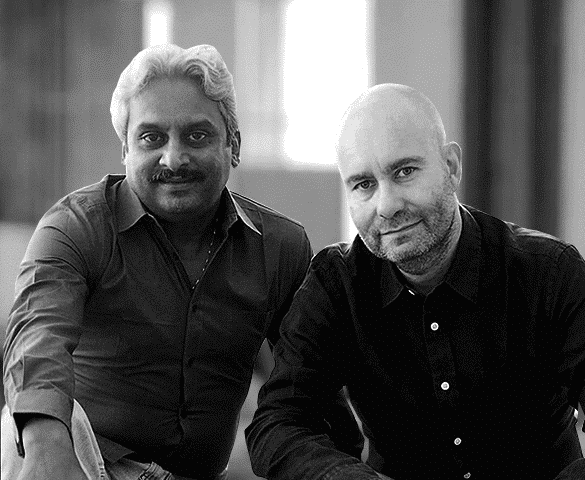A preliminary screening test app from the Philippines that can help individuals and healthcare systems diagnose Covid-19 symptoms sooner – and in a safer way.
Lars Jeppesen, the CEO and Co-Founder of Enadoc, a tech company based in Manila in the Philippines, and Wasantha Weerakoone, its CTO and Co-Founder, have always been passionate about healthcare. Although running Enadoc, which they co-founded in 2017 with technology solutions integrator Tech One Global, in the Covid-19 pandemic, Jeppesen says they saw an opportunity to not only make a difference, but also “expand the bandwidth and depth” of their services. Enadoc has now developed a screening test app that individuals can use at home, while healthcare institutions can use it on people who have developed symptoms of Covid-19. The Denmark-born entrepreneur shares more:
How did the Covid-19 screening test application come about?
In emerging economies and markets, even big countries like the US and many European countries, the number of doctors per person is limited… Now, we have a virus that has been spreading since November and if the doctor would have been some kind of AI in the background, maybe this data could have been available earlier saying ‘ok, we have some abnormal amount of people who are having the same symptoms, what is happening here?’ But because each doctor in each country, district and village deals with their own situation differently, all of us have our basic education but how do we keep ourselves up-to-date all the time with the latest? So it was always in my head ‘what can we do in this situation to bring more healthcare to more people, and help the healthcare systems in the early days of the disease to screen people or to help diagnose better?’
I think the diagnosis could be done more and more by AI sitting behind some application. And maybe with some telemedicine in between… Because of that, doctors can deal with more patients in a day and don’t need to deal with patients that could be contagious. The first paralyzing situation in the healthcare system was so many doctors and nurses got sick in the early days because they didn’t know what they were dealing with. So, if we had some kind of way of saying ‘ok, there’s something happening here, this patient needs to arrive in the hospital and be put in isolation before, or we need to have certain equipment to make sure we deal with this patient in a different way’, that made us think. Then you start to see the emergence of people coming up with some screening tools and we said ‘ok, maybe we could take all the information available that we could find in the World Health Organization, Department of Health, and all these different sources and put together some kind of framework to help in screening’. We did that and now the application is in data.
How are African countries using the app?
Right now, we have seen around six or seven countries using the app in Africa including Ghana, Nigeria, South Africa, Kenya and Uganda. We don’t know the exact location of the user, we just know the app has been used there. We don’t know the individual user, we don’t have an IP address or any phone ID. The platform we are using for the app is Microsoft services.
One of our intentions is to bring this product together with the healthcare app from Microsoft… We bring on the global healthcare AI into the backend of the app and create a kind of an app chat bot where you can say what your symptoms are, not only for Covid-19, but for any kind of disease.
